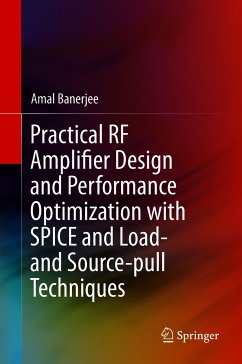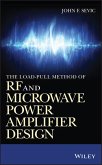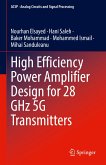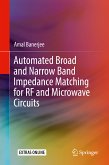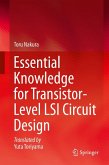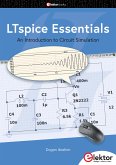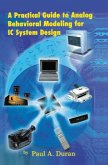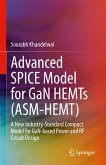This book explains and demonstrates with an exhaustive set of design examples, how common types of radio frequency(RF) amplifiers (classes A, B, AB, C, D, E, F, G and H) can be designed, and then have their performance characteristics evaluated and optimized with SPICE. The author demonstrates the transient analysis features of SPICE, along with industry-standard load- and source-pull techniques to simulate the steady-state, long-term time-domain behavior of any test RF amplifier.
Dieser Download kann aus rechtlichen Gründen nur mit Rechnungsadresse in A, B, BG, CY, CZ, D, DK, EW, E, FIN, F, GR, HR, H, IRL, I, LT, L, LR, M, NL, PL, P, R, S, SLO, SK ausgeliefert werden.

